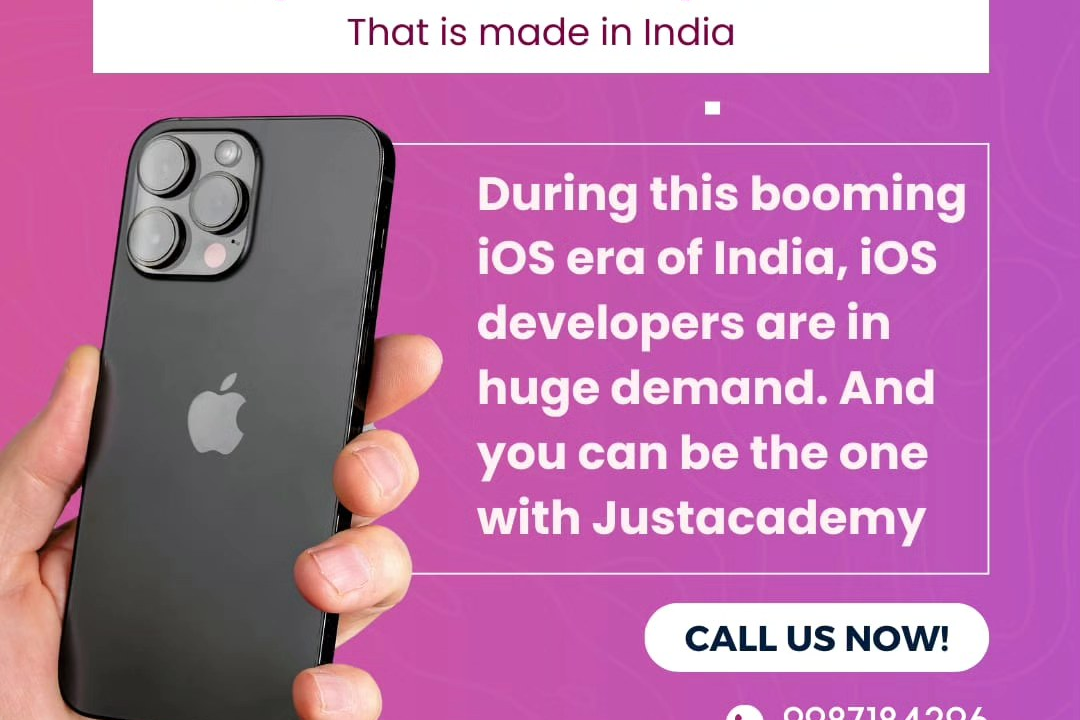iOS App Lifecycle Management
Optimizing iOS App Lifecycle Management
iOS App Lifecycle Management
iOS app lifecycle management refers to the process of handling the various states an app goes through during its execution, from launch to termination. Each app lifecycle begins when the user taps the app icon, transitioning it from the not running state to the active state. The app then goes through a series of states: inactive (when there are interruptions like incoming calls), background (running but not in the foreground), and suspended (remaining in memory but not executing code). Developers manage these transitions using specific application lifecycle methods provided by the UIKit framework, such as `applicationDidFinishLaunching`, `applicationWillEnterForeground`, and `applicationDidEnterBackground`. Proper management of the app lifecycle is essential for preserving resources, saving user data, and ensuring a seamless user experience.
To Download Our Brochure: https://www.justacademy.co/download-brochure-for-free
Message us for more information: +91 9987184296
1 - App State Transitions: Understand the four main states an app can be in—Not Running, Inactive, Active, Background, and Suspended. Each state indicates how the app operates and its interaction with users.
2) Launch Process: Learn about the app launch process starting from app installation and the role of the main entry point (main.m or App Delegate) in initializing the app.
3) UIApplication Lifecycle Methods: Familiarize yourself with key methods in `UIApplicationDelegate` like `application(_:didFinishLaunchingWithOptions:)` which is invoked when the app is launched.
4) Entering Background: Understand what happens when an app moves to the background, including saving user data and releasing shared resources.
5) Background Execution: Explore configurations in the app’s Info.plist that allow apps to run specific tasks in the background, enhancing user experience (e.g., audio playback, location updates).
6) Resuming from Background: Learn how to handle the transition from background to foreground state, ensuring that the app restores state and updates the UI accordingly.
7) Managing State Restoration: Discover strategies for saving and restoring application state, including implementing `UIStateRestoring` for user sessions.
8) Memory Management: Delve into how iOS manages memory across different states, including automatic and manual memory management techniques necessary for optimal performance.
9) Handling App Interruptions: Understand how to manage interruptions like phone calls and notifications, and how to respond appropriately when an app becomes inactive.
10) Responding to Memory Warnings: Learn how to handle memory warnings effectively using `applicationDidReceiveMemoryWarning(_:)` by releasing memory intensive resources.
11) Multitasking Features: Explore the multitasking capabilities in iOS for iPad, including Split View and Slide Over, and understand how your app can adapt to these features.
12) App Termination: Discuss when and why the operating system might terminate an app, emphasizing the importance of saving state and user data during termination.
13) App Updates: Examine the effect of application updates on state and lifecycle management, especially regarding migration tasks and handling changes in app resources.
14) Testing the App Lifecycle: Learn how to test and debug app lifecycle events using Xcode's debugging tools, simulating background and foreground transitions.
15) Best Practices: Identify best practices for managing the app lifecycle, including efficient resource usage, optimizing UI performance, and providing a seamless user experience.
16) Use of Third Party Libraries: Understand how third party libraries might affect app lifecycle management and how to mitigate potential issues.
17) Real World Scenarios: Study and analyze real world cases of lifecycle management failures or inefficiencies, to learn how to troubleshoot and rectify them.
By covering these points, students will gain a comprehensive understanding of iOS app lifecycle management and its implications on app behavior and user experience.
Browse our course links : https://www.justacademy.co/all-courses
To Join our FREE DEMO Session: Click Here
Contact Us for more info:
Best Software Testing Course In Pune With Placement
What Is FLUTTER App Development
Vue vs React vs Angular
Android Training Tenkasi
Flutter Training in Bhuj











